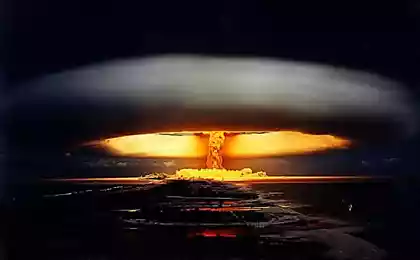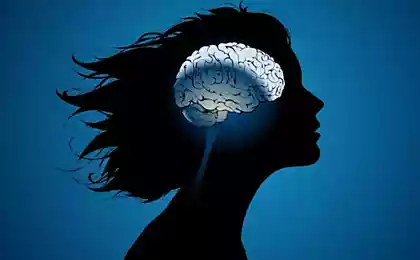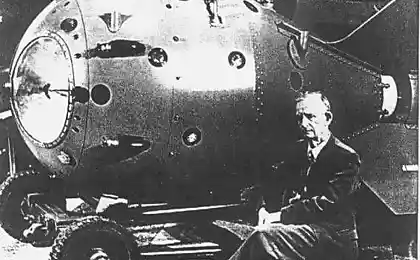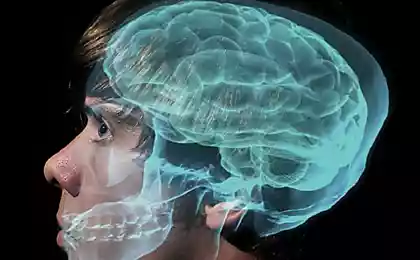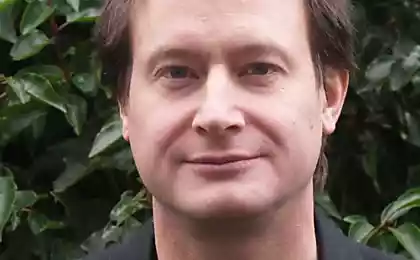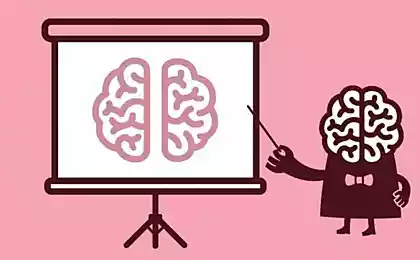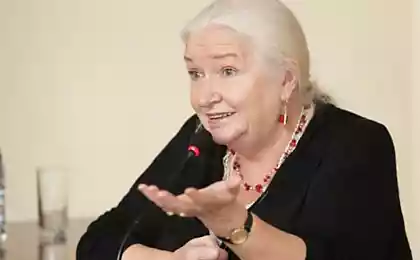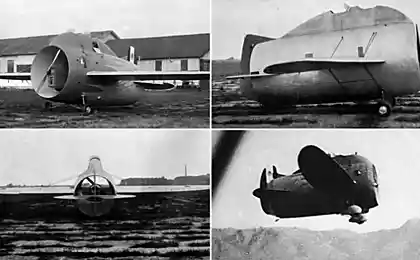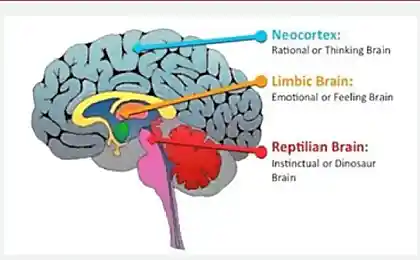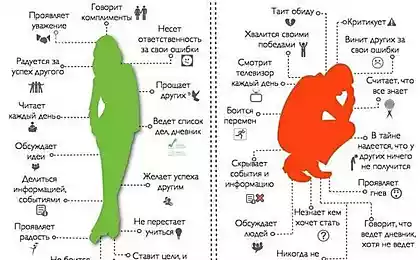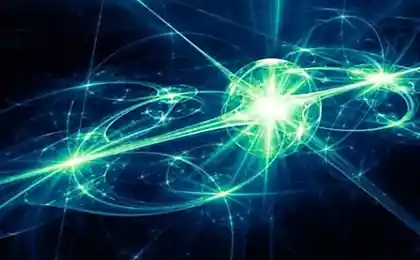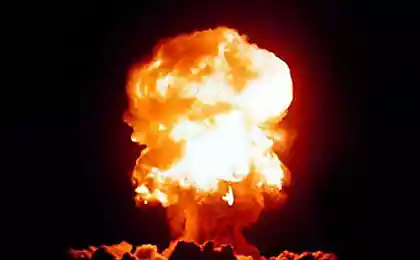520
Nuclear tests help to investigate the human brain
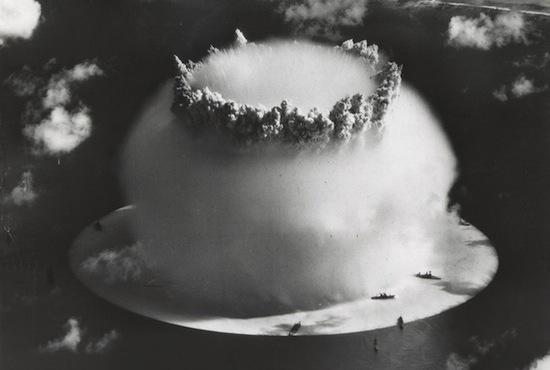
Most people still believe - the nerve cells do not regenerate, but recent studies show that neurons regenerate, but not as fast as we would like.
For the first time scientists have started talking about the reproduction of nerve cells after the Swedes carried out in 1998, the research using a special marker substance, which marks newly formed cells. During investigations it was found that new neurons appear in the hippocampus - a brain region important for memory and learning. Further experiments were carried out with the marker is not, as it turned out that the substance is relatively toxic, and can promote the formation of mutations.

An unexpected solution to the problem found Kirsty Spalding and her colleagues at the Karolinska Institute (Sweden) as a marker, to which could be found the formation of neuron, it is proposed to use the levels of the radioactive isotope carbon-14 in the cells. The fact is that because of nuclear tests in the United States and the Soviet Union between 1945 and 1963rd years, there was a powerful emission of carbon-14, which is reflected in the cellular structure of living organisms throughout the world. When cell division using atmospheric carbon, so the neurons appeared in the midst of the "cold war", will inevitably have to bear the imprint of nuclear tests. The period of decay of the isotope of thousands of years, and that its concentration allows scientists to determine when there was one or other organic molecule.
Spaulding and other researchers developed a model calculating the ratio between carbon-14 and the "normal" carbon-12, and further experiments with brain tissue of 55 dead volunteers (during the life they have signed an agreement to use their brain after death for scientific purposes) proved: in the hippocampus is born 700 new neurons in the day that says the update 1, 75% of brain cells every year.
via factroom.ru
How to get a clean phosphorus from urine
At Bender from 'Futurama' Terminator and a Nintendo the same processor


